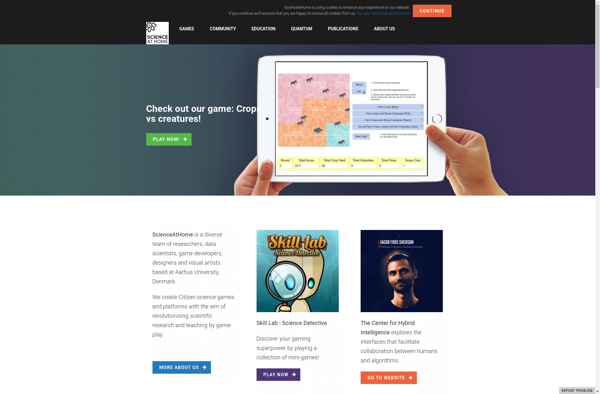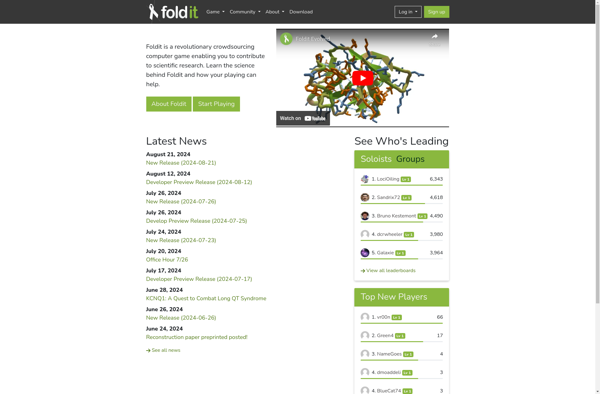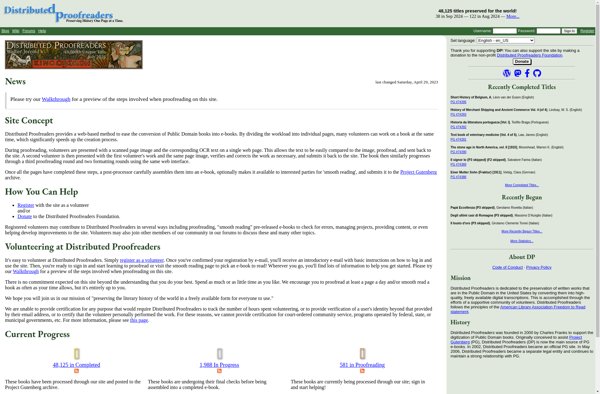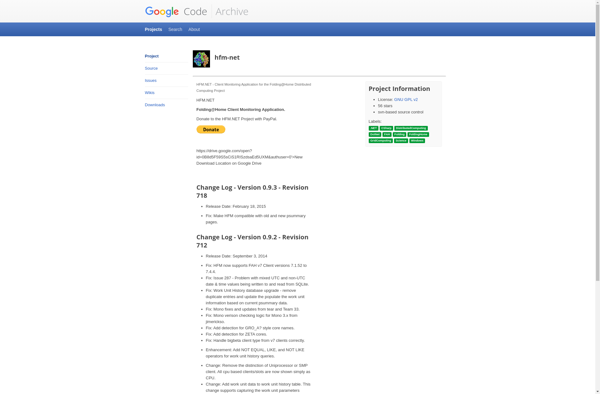Phylo

Phylo: Open-Source Web Application for Building & Sharing Phylogenetic Trees
A user-friendly web application for creating, viewing, and sharing phylogenetic trees, ideal for both beginners and experts.
What is Phylo?
Phylo is an interactive web application for building, viewing, and sharing phylogenetic trees. It is designed to be intuitive and easy-to-use so that beginners can construct meaningful trees even if they know little about phylogenetics. At the same time, Phylo still provides more advanced functionality for experts.
The key feature of Phylo is its drag-and-drop interface that allows users to intuitively construct phylogenetic trees by dragging species labels to desired locations. As users build their trees, Phylo will recommend changes and additions based on relationships found in databases like NCBI taxonomy and Open Tree of Life. Trees can be exported in standard formats like Newick and Nexus for further analysis and editing. Phylo also features interactive controls, search, color-coding by taxonomic group, and sharing capabilities.
Phylo is an open-source web application implemented in JavaScript, HTML5, and Python. It is the product of an academic research group focused on science education and was designed to help students, teachers, researchers, and the general public explore tree-thinking and understand evolutionary relationships. By making tree-building easy yet powerful, Phylo aims to increase accessibility and engagement with phylogenetic analysis across a wide range of users.
Phylo Features
Features
- Visual tree building by dragging and dropping labels
- Interactive tree manipulation and navigation
- Tree sharing and embedding
- Tree visualization
- Analysis tools like search, color, zoom, and tree metrics
Pricing
- Open Source
Pros
Cons
Official Links
Reviews & Ratings
Login to ReviewThe Best Phylo Alternatives
Top Science & Education and Biology & Bioinformatics and other similar apps like Phylo
Here are some alternatives to Phylo:
Suggest an alternative ❐Folding@home

CryptoBullions Folding Pool

Crowdcrafting

Quantum Moves

Foldit

Zooniverse

Distributed Proofreaders

HFM-NET
